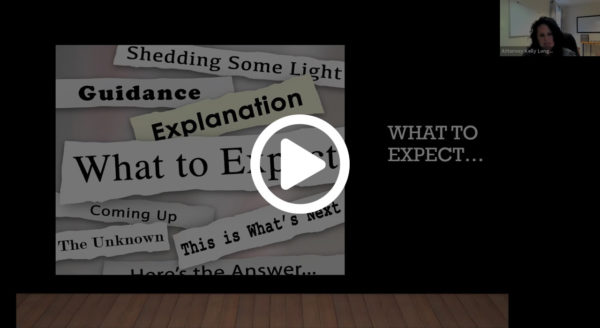Estate planning often feels complex, leading many people to rely on assumptions that can have devastating consequences for their loved ones and their legacy. From who can make decisions for you to whether you need an estate plan, common myths can stand between you and a secure future. Let’s debunk these widespread misconceptions and reveal four essential truths about effective estate planning.
Myth 1: My spouse can make all my healthcare and financial decisions because they are my spouse.
Reality: This is a dangerous misconception that can lead to significant stress and financial hardship for your family. While your spouse has certain rights, they generally do not automatically have the legal authority to make all medical decisions or manage all your financial accounts if you become unable to manage your affairs (i.e., become incapacitated). Without properly executed legal documents, you and your spouse may face obstacles handling the following:
- Medical decisions. Your spouse may be unable to access your medical information, direct your care, or make critical end-of-life decisions without a medical power of attorney (also known as a durable power of attorney for healthcare) and an advance directive (or living will). Without these documents, a court may need to appoint a guardian or conservator in a public, costly, and time-consuming process.
- Financial decisions. Similarly, your spouse could be locked out of accounts in your sole name, unable to pay bills or manage investments without a financial power of attorney. This can prevent timely financial management and even payment of day-to-day expenses. As with medical decisions, a court may need to appoint a guardian or conservator before your spouse can access these important accounts.
Proper planning ensures that your spouse or another trusted individual you choose has the immediate legal authority to act on your behalf and honor your wishes without court involvement.

